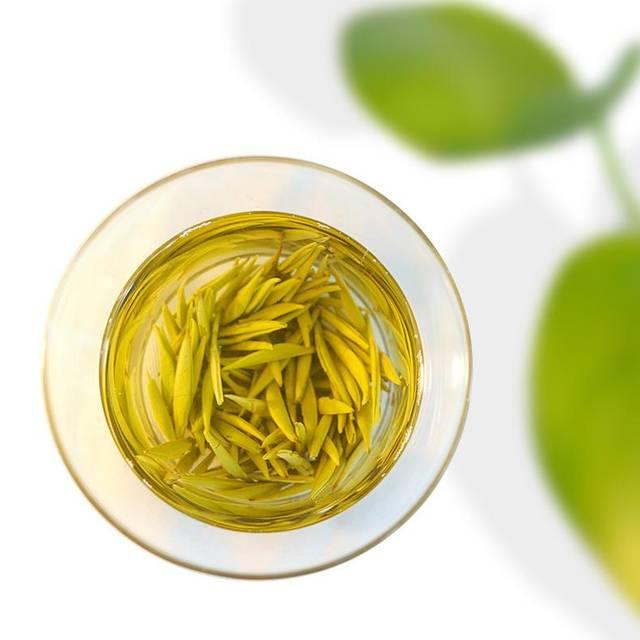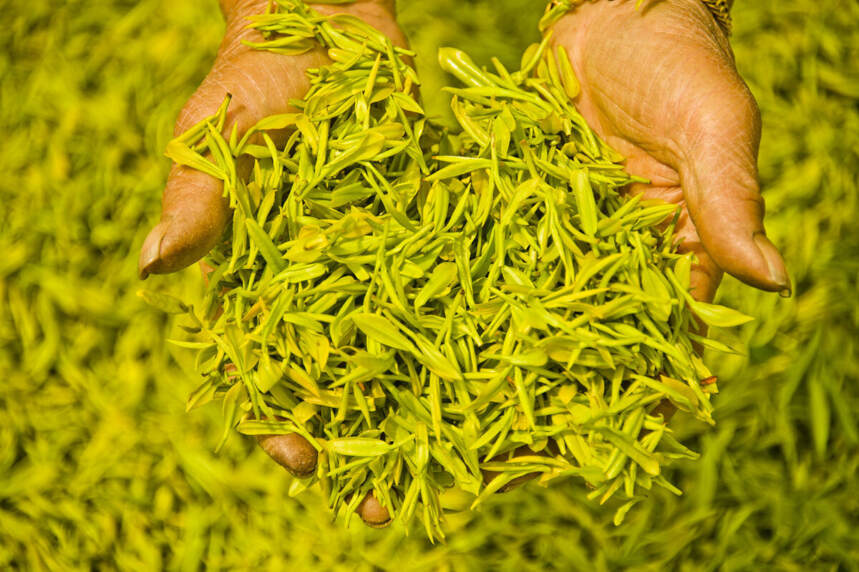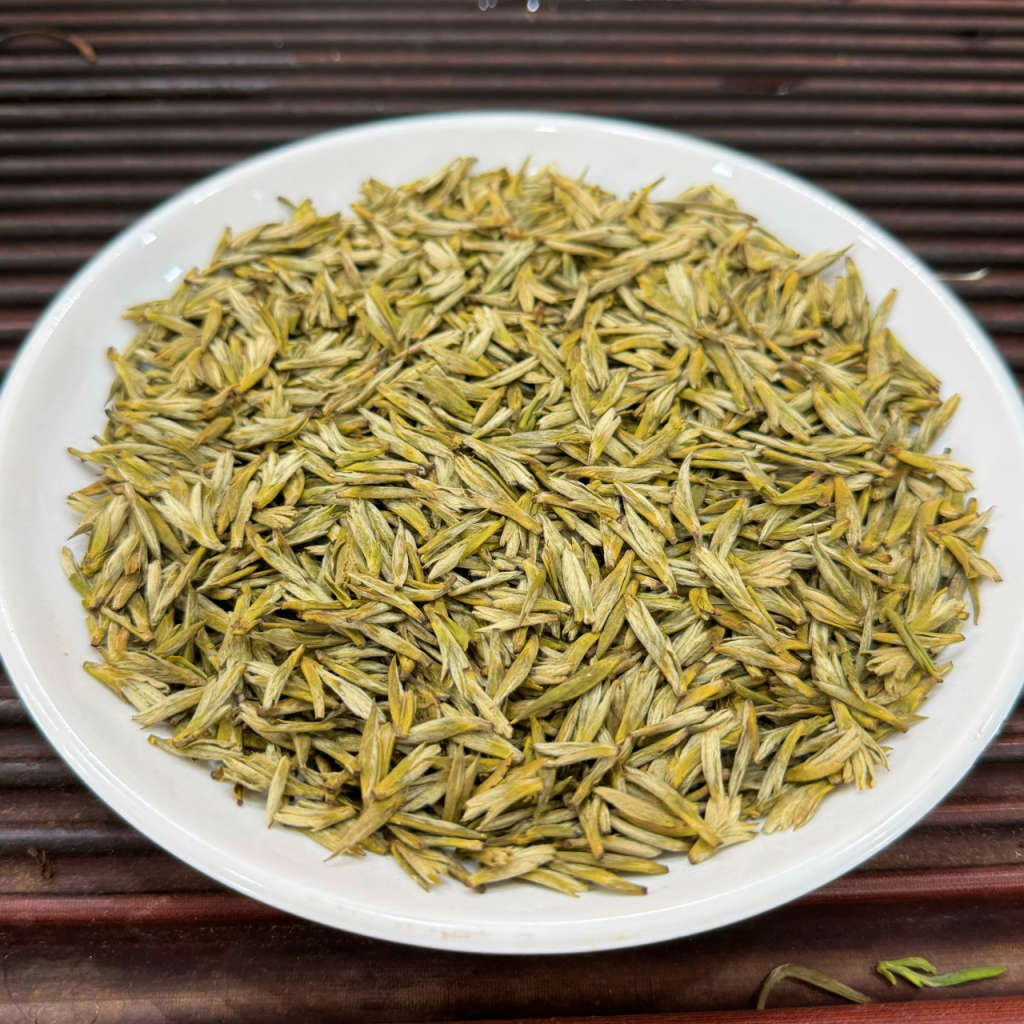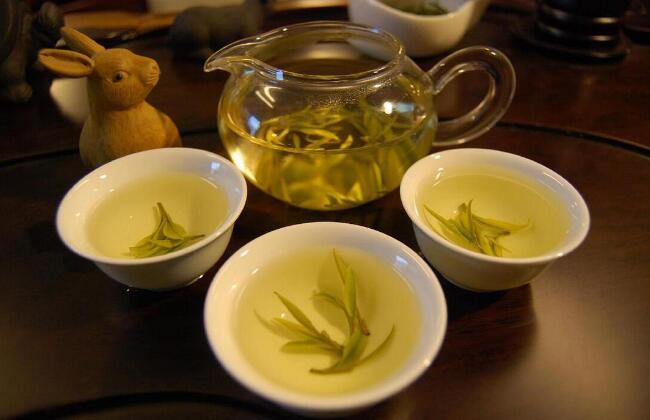Yellow tea, one of China’s six classic tea categories, stands out for its unique “menhuang” (yellowing) production process, which involves heaping and slow oxidation. This meticulous craftsmanship imparts a mellow flavor and preserves a rich array of bioactive compounds. Emerging scientific research is unraveling yellow tea’s potential as a functional beverage, offering therapeutic benefits from digestive support to immune enhancement.

1. Antioxidant and Anti-Inflammatory Effects
Yellow tea is a potent source of polyphenols, including flavonoids like quercetin and kaempferol, which combat oxidative stress. A 2022 study in Antioxidants highlighted that yellow tea extracts exhibited strong free radical-scavenging activity, comparable to green tea. Its unique processing enhances the bioavailability of these compounds, aiding in reducing chronic inflammation linked to conditions like arthritis and metabolic syndrome.
2. Digestive Health and Liver Support
Traditional Chinese medicine has long used yellow tea to alleviate digestive discomfort. Modern studies validate its benefits: a 2021 review in the Journal of Ethnopharmacology noted that yellow tea polyphenols inhibit harmful gut bacteria like Helicobacter pylori and promote the growth of beneficial microbiota. Additionally, its hepatoprotective properties, shown in a 2020 animal study, suggest it may reduce liver damage from toxins or fatty diets.
3. Cardiovascular Benefits
Yellow tea’s flavonoids and caffeine content may enhance cardiovascular function. A 2023 clinical trial in Nutrients found that regular consumption improved blood lipid profiles, lowering triglycerides and LDL cholesterol. Its anti-inflammatory action also helps reduce endothelial dysfunction, a precursor to heart disease.
4. Immune Modulation and Antiviral Activity
Yellow tea’s polysaccharides and theanine stimulate immune cells, enhancing resistance to infections. A 2022 study in Frontiers in Immunology revealed that yellow tea extracts boosted natural killer cell activity. Preliminary research also suggests antiviral potential against respiratory viruses, though more human studies are needed.
5. Antimicrobial Properties
The catechins in yellow tea exhibit broad-spectrum antimicrobial activity. A 2021 study in the Journal of Food Science demonstrated its effectiveness against Staphylococcus aureus and Candida albicans. These properties make it a natural remedy for oral health and topical infections.
6. Metabolic Regulation and Weight Management
Yellow tea may aid in weight loss by activating fat-burning enzymes. A 2020 animal study in Bioscience Reports showed that yellow tea extract reduced visceral fat accumulation and improved insulin sensitivity. Its caffeine and EGCG content synergize to boost metabolic rate.
7. Skin Health and Anti-Aging
Topical application of yellow tea extract shows promise in skincare. Its antioxidants neutralize UV-induced damage, while anti-inflammatory compounds soothe irritated skin. A 2022 review in the Journal of Cosmetic Dermatology noted its potential in reducing hyperpigmentation and wrinkles.
Conclusion
Yellow tea’s medicinal value lies in its harmonious blend of bioactive compounds, refined through centuries of tradition. While research is ongoing, its benefits in promoting digestive health, cardiovascular function, and immune resilience are compelling. As a low-caffeine, flavorful alternative, yellow tea offers a holistic approach to wellness, bridging ancient wisdom with contemporary science. For those seeking a natural boost to their health regimen, this “golden brew” may be a valuable addition.



